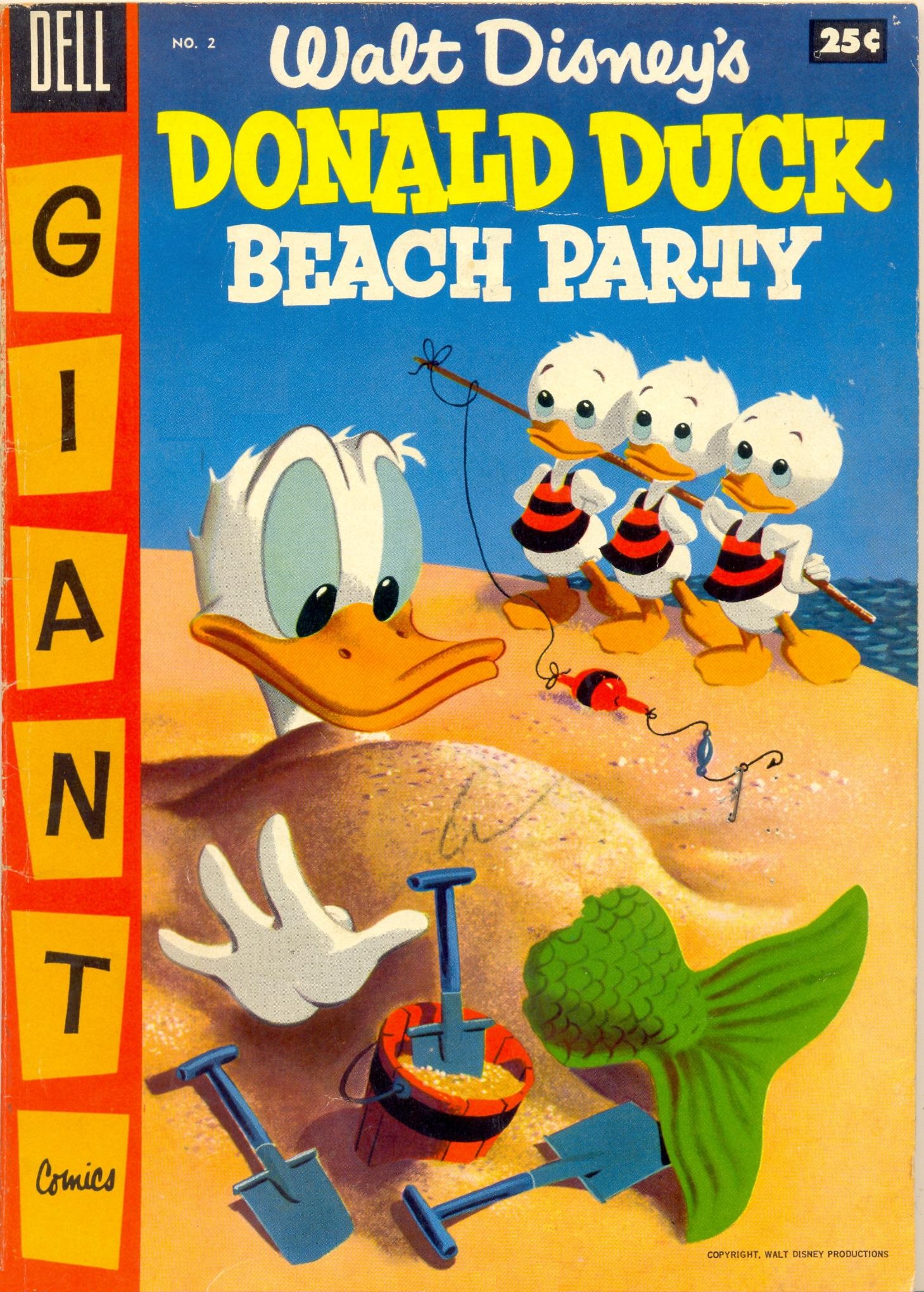The Story Behind the Song: Respect (1967)
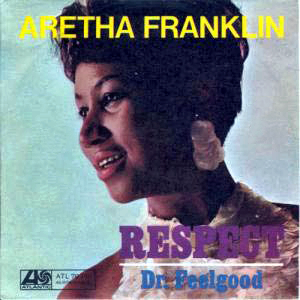 While everybody regards “Respect” as Aretha Franklin’s signature song, it didn’t start out that way.
While everybody regards “Respect” as Aretha Franklin’s signature song, it didn’t start out that way.
The song was written and first recorded by Otis Redding in 1965. A solid tune, it hit the top 10 on the R&B charts and the Top 40 on the pop charts, but it was a typical anthem of male posturing – I’ll buy you anything you want if your respect me when I come home.
 Just two years after Otis’ version, Aretha was looking to follow-up her first hit single. After over 10 years of trying, she had finally scored a top 10 success with “I Never Loved a Man (The Way I Love You)” in early 1967. She heard “Respect” and thought, with a little work, it might be perfect for her.
Just two years after Otis’ version, Aretha was looking to follow-up her first hit single. After over 10 years of trying, she had finally scored a top 10 success with “I Never Loved a Man (The Way I Love You)” in early 1967. She heard “Respect” and thought, with a little work, it might be perfect for her.
So, she and her sister Carolyn began reworking some of the lyrics to bring the song around to a female point of view. The first line: “What you want, honey, you got it” became “What you want, baby, I got it!” Now it wasn’t about buying your sweetheart something material, but about the things a woman would give to her man IF he showed her some respect.” They also added the gimmick of spelling out the word: “R-E-S-P-E-C-T,” which proved to be the thing most people remembered about the song.
During the recording session headed by master producer Jerry Wexler, Aretha also threw in the “sock it to me” and “TCB” ad libs that added to the song’s energy.
Behind the scenes, Ms. Franklin was in the midst of a troubled marriage that would eventually dissolve in 1969. Most rock historians think that added fuel to Aretha’s no-holds-barred performance.
The song, of course, became a monster hit, Aretha’s first #1 and firmly established her preeminence among female R&B singers. It also was adopted as an anthem in the feminist movement that was just getting underway as the 1960s drew to a close.
In music circles, Aretha has had nothing by r-e-s-p-e-c-t ever since.
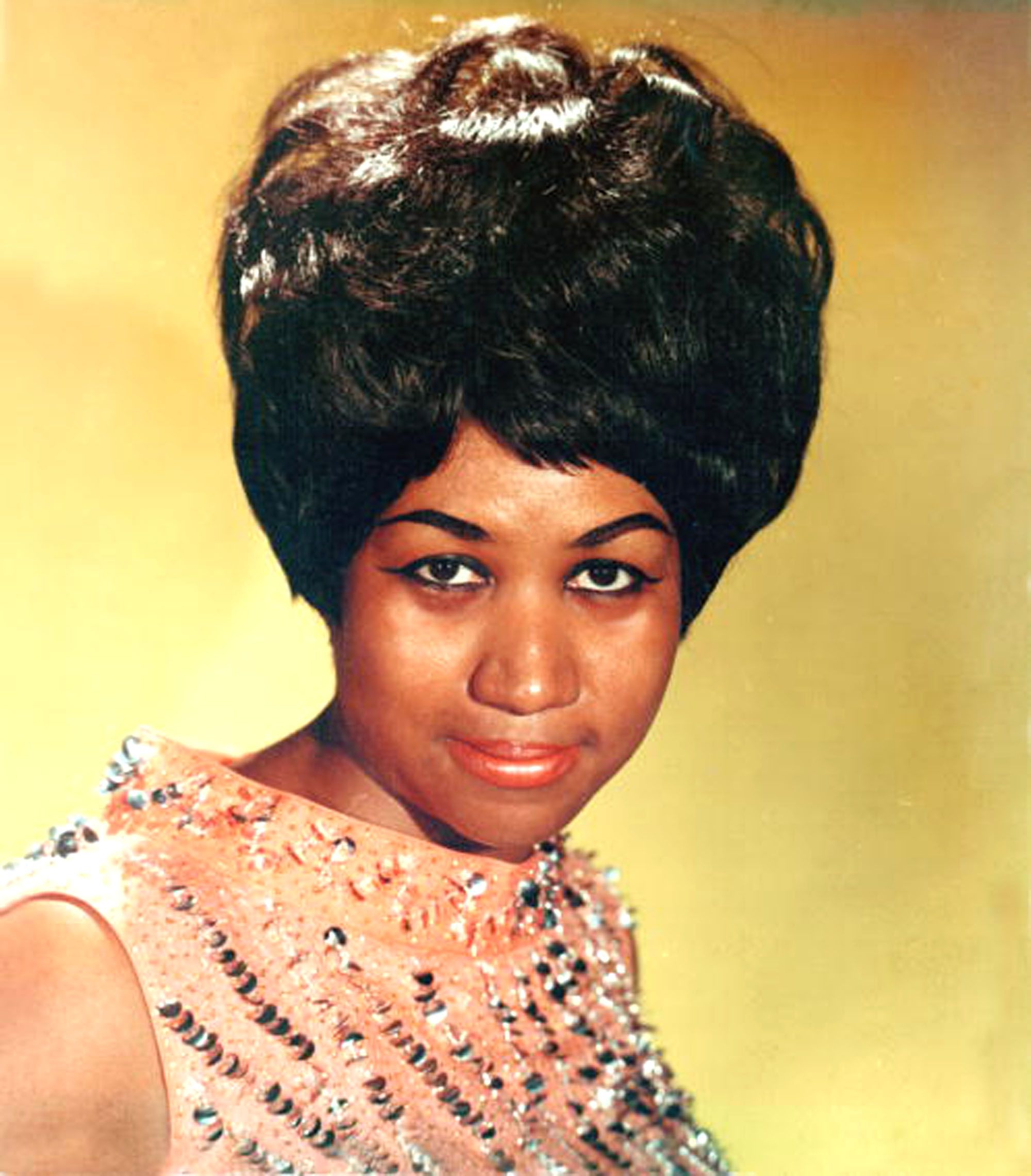
Paging Dr. Freud
If you know anything about Madison Avenue's obsession with Freudian symbolism, you may find the placement of the megaphone somewhat interesting in this vintage ad for demon tobacco.
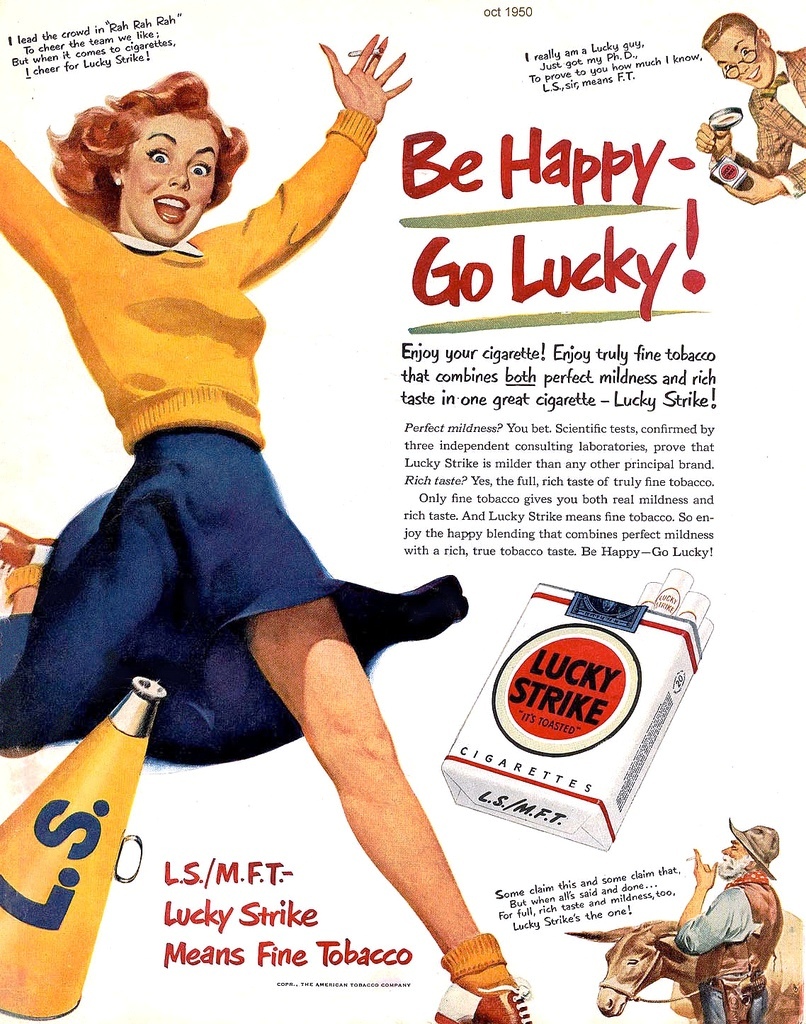
Say Goodbye to Passwords
According to FBI consultant Frank Abagnale, in the near future we may not need to remember all those #$%*! Passwords for various internet websites. Abagnale says there is already technology that can identify your specific computer and authenticate it without the need for passwords.
Another Baby Boomer First!
 Along with being the first generation to exposed to television and diet soda, Baby Boomers were the first to experience that classic summer fun toy, Slip ‘n Slide.
Along with being the first generation to exposed to television and diet soda, Baby Boomers were the first to experience that classic summer fun toy, Slip ‘n Slide.
Introduced in 1961 by Wham-O (who else?), Slip ‘N Slides quickly became known for two things:
1.) killing grass in suburban backyards and
2.) causing pretty serious injuries as we came into contact with hard ground and each other while traveling at very fast speeds.
Somehow, Wham-O avoided costly lawsuits and is still in the Slip ‘n Slide business to this day, although, now, the toy does warn that it’s not recommended for anyone but small children.
By the way, the toy was invented by a guy named Robert Carrier. We'd write more, but we gotta scoot!
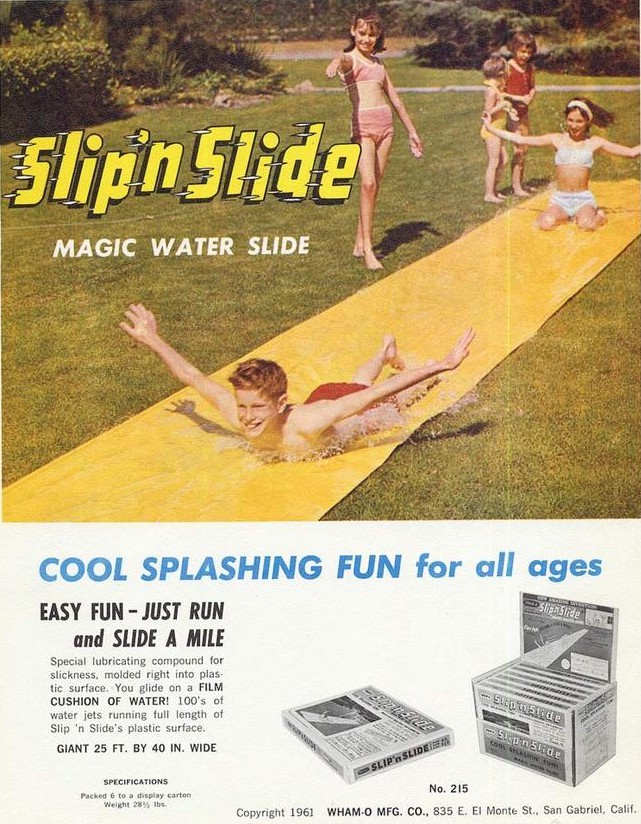
Stop Heartburn!
 Waking up in the middle of the night with heartburn? Relax! It could be your diet.
Waking up in the middle of the night with heartburn? Relax! It could be your diet.
Cut down on these foods and see if that doesn't make a difference:
- Alcohol
- Chocolate
- Tomatoes
- Citrus Fruit
- Spicy and/or Fatty Foods
- Caffeine
- Peppermint
- Spearmint
Two Rock Super Stars Now

Here is a recent photo of two rock & roll legends, who hadn't met until now. Do you recognize them? Here they are just a few short years ago - Tommy James and Connie Francis!
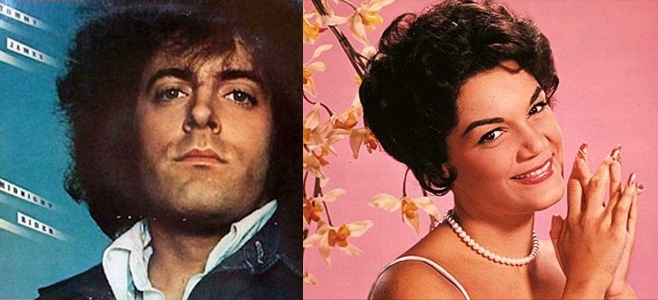
Stop Lying About the Bee Gees
 It just keeps happening. We read an account of The Bee Gees’ career by a noted “music historian” that repeated the lie. The farther away we get from this time in music history, the more urgent it becomes to set the record straight.
It just keeps happening. We read an account of The Bee Gees’ career by a noted “music historian” that repeated the lie. The farther away we get from this time in music history, the more urgent it becomes to set the record straight.
What is the lie?
Glad you asked. The lie is that the Bee Gees were washed-up and desperate before they wrote the soundtrack for Saturday Night Fever.
Poppycock! Balderdash! And other archaic exclamations!
Yes, the Bee Gees’ career (like many other bands – see also, “The Beach Boys”) had ups and down, but here is the true story…
The Brothers Gibb had begun performing in 1958. Born on the Isle of Mann in the UK, their parents had emigrated to Australia, where the lads first cracked the pop charts in 1965. They had a genuine hit in Australia in 1966 with “Spicks and Specks.”
That hit encouraged America’s Atlantic Records to take an interest in the trio, and they achieved their first U.S. success in 1967 with “New York Mining Disaster 1941.” It sounds strange now, but many listeners and a few DJs back in the day thought the Bee Gees might be the Beatles recording under a pseudonym!
The lads followed up with a very impressive string of pop hits, pushing 6 more songs into the American Top 20 in just over a year.
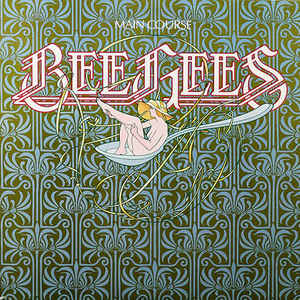 Then the Bee Gees hit their first speed bump. Internal fighting between siblings (see also, “The Everly Brothers”), led Robin, then the primary lead singer for the group, to leave in 1969. Less than a year later, he was back and the Bee Gees achieved back-to-back Top 10 hits with “Lonely Days” and “How Can You Mend a Broken Heart,” the latter becoming the boys’ very first #1 record in the U.S.
Then the Bee Gees hit their first speed bump. Internal fighting between siblings (see also, “The Everly Brothers”), led Robin, then the primary lead singer for the group, to leave in 1969. Less than a year later, he was back and the Bee Gees achieved back-to-back Top 10 hits with “Lonely Days” and “How Can You Mend a Broken Heart,” the latter becoming the boys’ very first #1 record in the U.S.
In 1972, the band put “Run to Me” into the Top 10.
Then, a brief dry spell ensued. 1973 and 1974 saw the boys recording, but the public wasn’t buying. Enter Ahmet Ertegun, the legendary head of Atlantic Records. He recommended the Bee Gees start working with Atlantic’s equally legendary producer Arif Mardin and urged the group to move their sound in a more R&B direction. Their friend, Eric Clapton suggested that the brothers relocate to Miami and record there.
All those suggestions were pure gold (as in gold records). Mardin produced the Bee Gees’ next album, Main Course. Both Mardin and the group’s manager, Robert Stigwood, urged the Bee Gees to absorb the influences of Miami’s then burgeoning disco scene. They took the hint. Released in 1975, the album’s first single “Jive Talkin’” raced up the charts, giving the Bee Gees their second #1. They followed that with “Nights on Broadway,” which also reached the Top 10, and “Fanny (Be Tender with My Love)” which reached #12. The album itself did quite well, reaching #12 on the LP chart and becoming certified as a gold album.
 The Bee Gees then followed that success with Spirits Having Flown, which hit #1 on the LP charts, was certified platinum and produced the hits “You Should Be Dancing” (their 3rd #1), “Love So Right” (#3) and “Boogie Child” (#12).
The Bee Gees then followed that success with Spirits Having Flown, which hit #1 on the LP charts, was certified platinum and produced the hits “You Should Be Dancing” (their 3rd #1), “Love So Right” (#3) and “Boogie Child” (#12).
That was followed by the group’s first live LP, Here at Last… Live, a double album that also went platinum.
It was at THIS point that their manager asked the band to write some songs for a movie he was producing titled Saturday Night Fever.
Yes, the movie and soundtrack exploded; and for a year or more, the Bee Gees seemed to be everywhere.
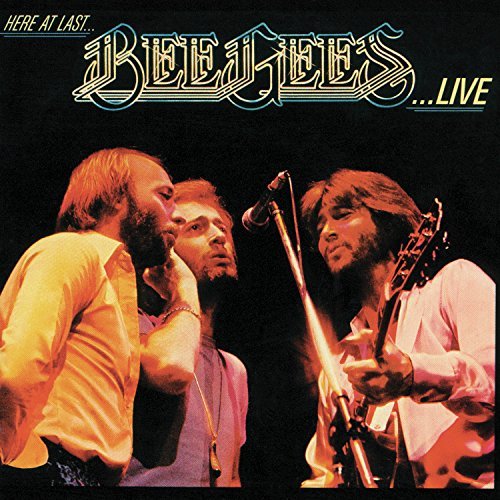 But the idea that they were washed-up before SNF is garbage. They had racked up 3 hit albums, and 7 Top 20 hits in the year just prior to the film’s release. You could argue that the Bee Gees helped the film succeed because radio stations began playing their songs from the soundtrack even before the film was released based on the trio's recent track record.
But the idea that they were washed-up before SNF is garbage. They had racked up 3 hit albums, and 7 Top 20 hits in the year just prior to the film’s release. You could argue that the Bee Gees helped the film succeed because radio stations began playing their songs from the soundtrack even before the film was released based on the trio's recent track record.
The Bee Gees eventually paid for their dominance of pop music in the second half of the 1970’s. By 1980, no radio station wanted to touch them, so strong was the disco backlash. Undaunted, the brothers turned to writing and producing hits for others (including Dionne Warwick, Diana Ross, Kenny Rodgers and Dolly Parton) while they patiently waited for their second reputation rehabilitation.
The boys finally returned to the Top 10 in 1989 with “One” and from then on, remained rock & roll icons.
There’s Gold in Them Thar Attics
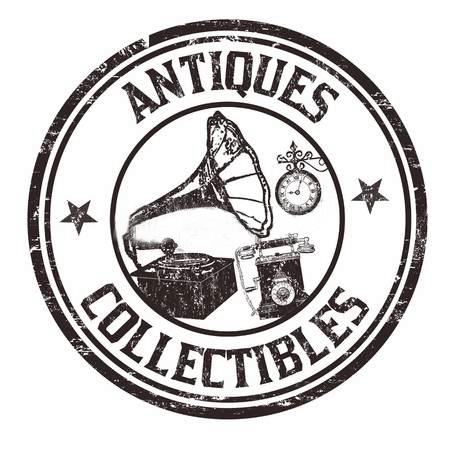 Looking to raise a little cash and de-clutter at the same time? Here’s what’s hot and what’s not in the world of collectibles:
Looking to raise a little cash and de-clutter at the same time? Here’s what’s hot and what’s not in the world of collectibles:
| HOT | NOT |
| Coins/Currency Pre-20th Century | War Artifacts from WWI or II |
| Cardboard Advertising Signs | Metal Advertising Signs |
| Movie posters Pre-1990 | Movie Posters Post-1990 |
| Space Program Collectible | Comics Books Post-1970 |
| Vintage Mint Condition Toys | Post-1960 Campaign Buttons |
Happy hunting!
The Real Reason "Bewitched" Ended

Pop Up Player
Latest Posts–Financial Info
-
Quick Ways to Score Extra Cash
Even in today’s economy, everybody is looking for ways to expand their income. We have three ways that might do the trick. Cash in Your Gift Cards – Have unused gift cards? You can sell…
-
Fast & Free Will
Did you know a will dosn't have to be a long, complicated process? And you defintely should have one! Dying without one can leave your estate in chaos. The internet comes to rescure again. You…
-
Making Home Renovations Pay
Fixing up your home? You might want to tell your insurance company about it. 8 of the 10 largest home insurers offer little-publicized discounts for certain renovations or upgrades. Go to BankRate.com and type in…
-
Why Use Credit Cards, Not Debit Cards
Because credit cards give you more protection should your card number be stolen. Most credit card companies have a limit on how much your account may be charged in the event of false charges. In…
-
Before You Rent a Self-Storage Unit
The rapid growth of self-storage facilities across the United States is a testimony to Americans having more stuff than they know what to do with. Before you rent a unit for your excess stuff,read this:…
-
Older Workers Wanted!
Ever been worried you might lose your job because you were getting too old? Relax. Many employers are now looking specifically at hiring and retaining workers over the age of 60. Why? Because of their…


